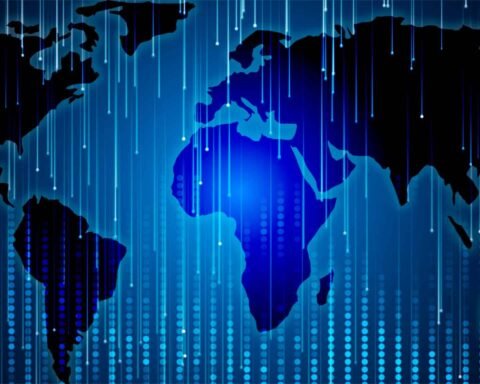The vibrant Brazilian city of Rio de Janeiro is set to host the 17th BRICS Summit from July 6 to 7, 2025, marking a crucial moment for cooperation among major emerging economies.
The summit will convene under the theme, “Inclusive and Sustainable Global South,” reflecting the group’s push for a more balanced world order.
This year, Brazil assumes the rotating presidency of the bloc, which includes Russia, India, China, and South Africa. The group has also expanded in recent years, welcoming countries like Egypt, Ethiopia, Iran, United Arab Emirates, and Saudi Arabia, with Indonesia formally joining in early 2025.
A Symbolic Return to Global Leadership
Hosting the summit is a diplomatic milestone for President Luiz Inácio Lula da Silva, who has consistently advocated for a more inclusive global governance system. Lula’s administration is also preparing for COP30, the key UN climate summit scheduled to be held in Belém, deep in the Amazon, in November.
According to Brazil’s Ministry of Foreign Affairs, the summit will be held at the Museum of Modern Art in Rio’s cultural district. Over 1,000 international delegates, including heads of state, ministers, business leaders, and civil society actors, are expected to attend.
Focus Areas for the 2025 Summit
Under the banner of “South-South solidarity,” Brazil has outlined six key priorities:
- Strengthening multilateral institutions such as the United Nations and the World Trade Organization (WTO)
- Deepening economic cooperation and expanding use of local currencies in trade
- Promoting climate resilience and environmental justice
- Encouraging collaboration in health, science, and education
- Developing responsible approaches to AI governance
- Supporting cultural exchanges and people-to-people ties
One of the most watched proposals is the possibility of increasing trade within the bloc using non-dollar currencies, a subject gaining momentum amid calls for de-dollarization in global finance. Observers suggest this could be part of a broader strategic move known as the “Rio Reset,” aimed at reshaping financial systems in favor of emerging economies.
Also Read; Kenya Confirms 25 Chikungunya Cases in Mombasa
Preparations Already Underway
More than 130 preparatory meetings have already been held across Brazil, including youth dialogues, ministerial roundtables, and expert forums. These events aim to build consensus ahead of the main leaders’ summit, scheduled just one month before the opening of the Summer Olympics in Paris, where global attention will again turn to international cooperation.
BRICS now represents nearly half of the world’s population and a growing share of global GDP. With developing economies demanding a stronger voice in how the world is run, the Rio summit is likely to make headlines well beyond Latin America.
What’s at Stake?
The summit arrives at a moment of heightened geopolitical tension and deep global inequality. As Western alliances like the G7 and NATO recalibrate their strategies, BRICS is positioning itself as the principal voice of the Global South—a term used to describe low- and middle-income countries primarily located in Africa, Latin America, Asia, and Oceania.
For Brazil, this is more than just diplomacy. It’s about reclaiming global leadership and showcasing Latin America’s role in reshaping tomorrow’s world.
Accreditation for international media closes on June 22, and the official agenda is expected to be finalized before the end of the month.







